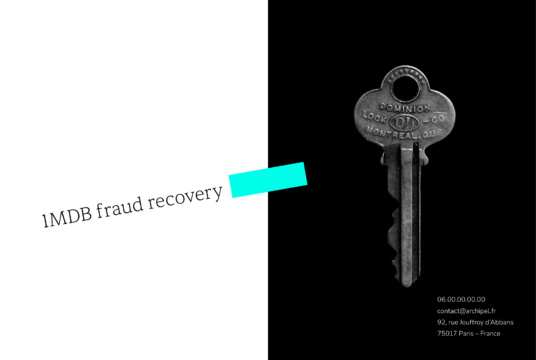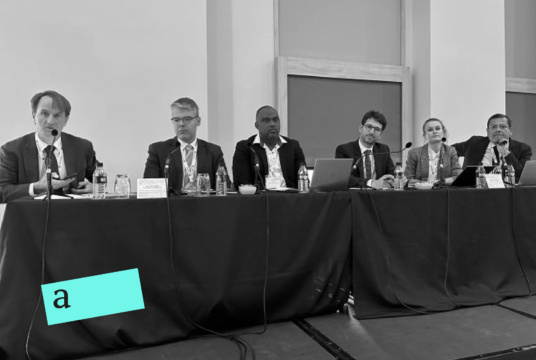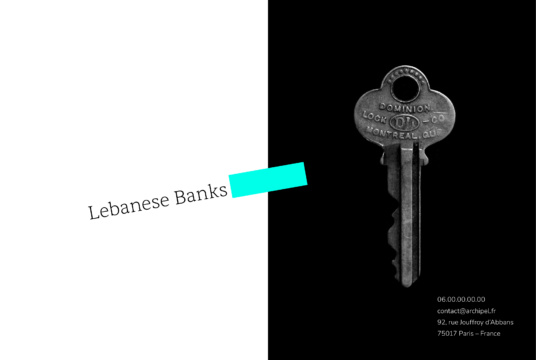
Archipel is a law firm based in Paris and Geneva.
We handle complex disputes worldwide.
Expertise
Cross Border
Litigation
Litigation
Archipel excels in handling complex cross-border litigation; seamlessly coordinating procedures across both civil and common law jurisdictions, as well as specialised systems such as OHADA. The firm’s expertise extends to operating in challenging jurisdictions while maintaining international standards, always seeking cost-effective solutions for clients. With a global focus, particularly in Europe, the Middle East, and Africa, Archipel’s team of lawyers provides comprehensive legal strategies for intricate multi-jurisdictional cases.
Enforcement
& Asset Recovery
& Asset Recovery
Archipel stands at the forefront of international enforcement and asset recovery, with a proven track record in complex operations. The firm’s expertise extends to enforcing judgments and arbitral awards globally, including against sovereign states and state-owned entities. Archipel’s innovative approach involves planning and executing comprehensive asset recovery strategies through its extensive international network of advisers, consultants, and local lawyers. The firm’s proficiency in navigating sovereign immunity issues and its deep understanding of emerging markets position it as a leader in recovering assets in challenging jurisdictions.
Arbitration
Archipel, with its strategic presence in Geneva—a global nexus for international dispute resolution—offers cutting-edge arbitration and ADR services. Our team of seasoned arbitration specialists brings extensive expertise to complex international commercial disputes, navigating arbitral proceedings under diverse institutional rules including SCAI, ICC, UNCITRAL, PCA, LCIA, NAI, CAS, and beyond. We recognise that arbitration is a means to an end, not an end in itself, and we take a pragmatic approach throughout its process. Our forward-thinking strategies are recovery-oriented and encompass the full spectrum of ADR techniques.
A global
reach
reach
NEWS AND
PUBLICATIONS
PUBLICATIONS


IBA Madrid : Exploring Direct Recovery Measures: Empowering Private Sectors in Asset Recovery Efforts

Archipel Secures Landmark Victory for Clients of Lebanese Banks
On 18 September 2024, the French Cour de cassation delivered a groundbreaking decision (https://lnkd.in/eW4mzjQN) that…